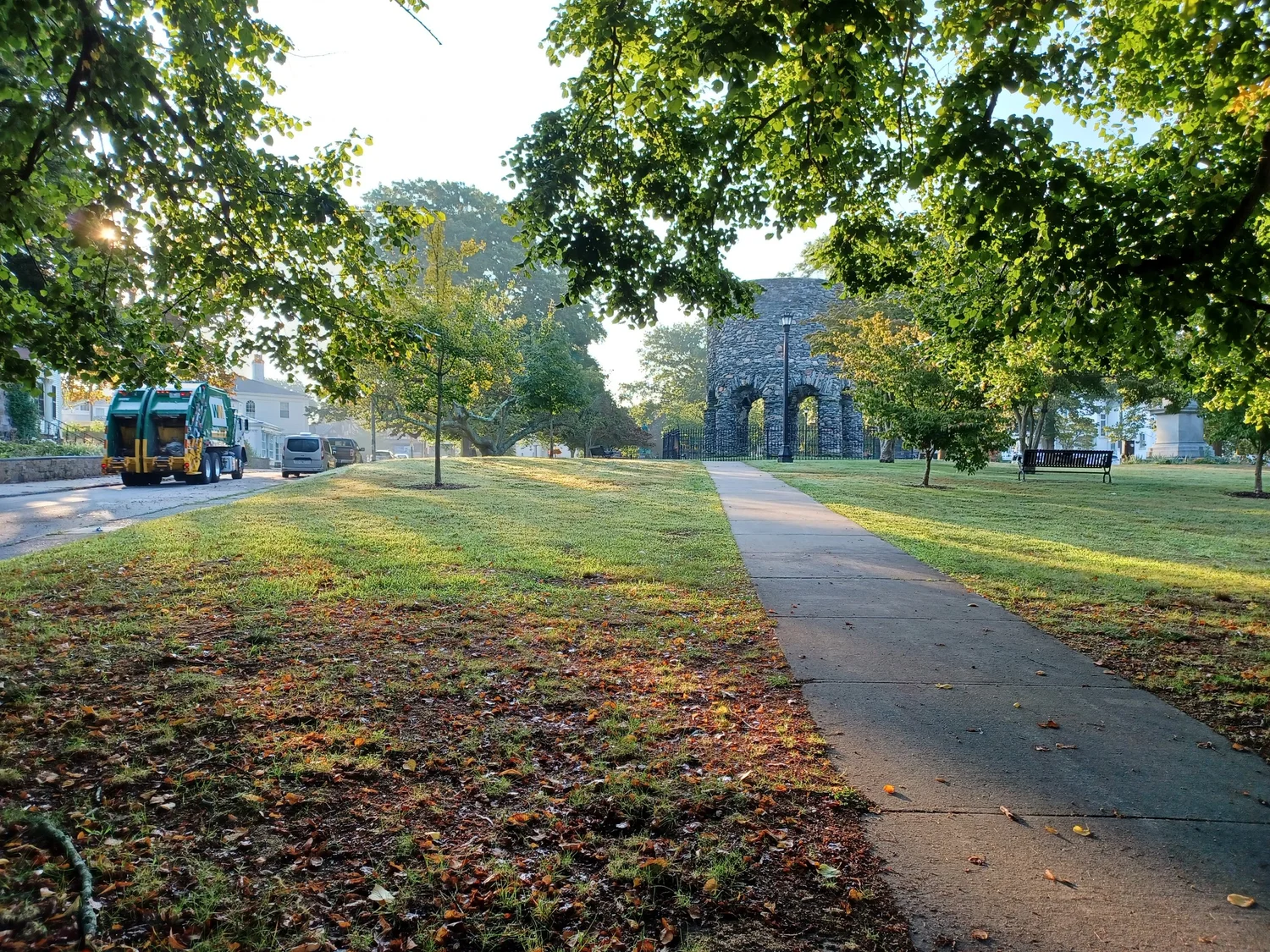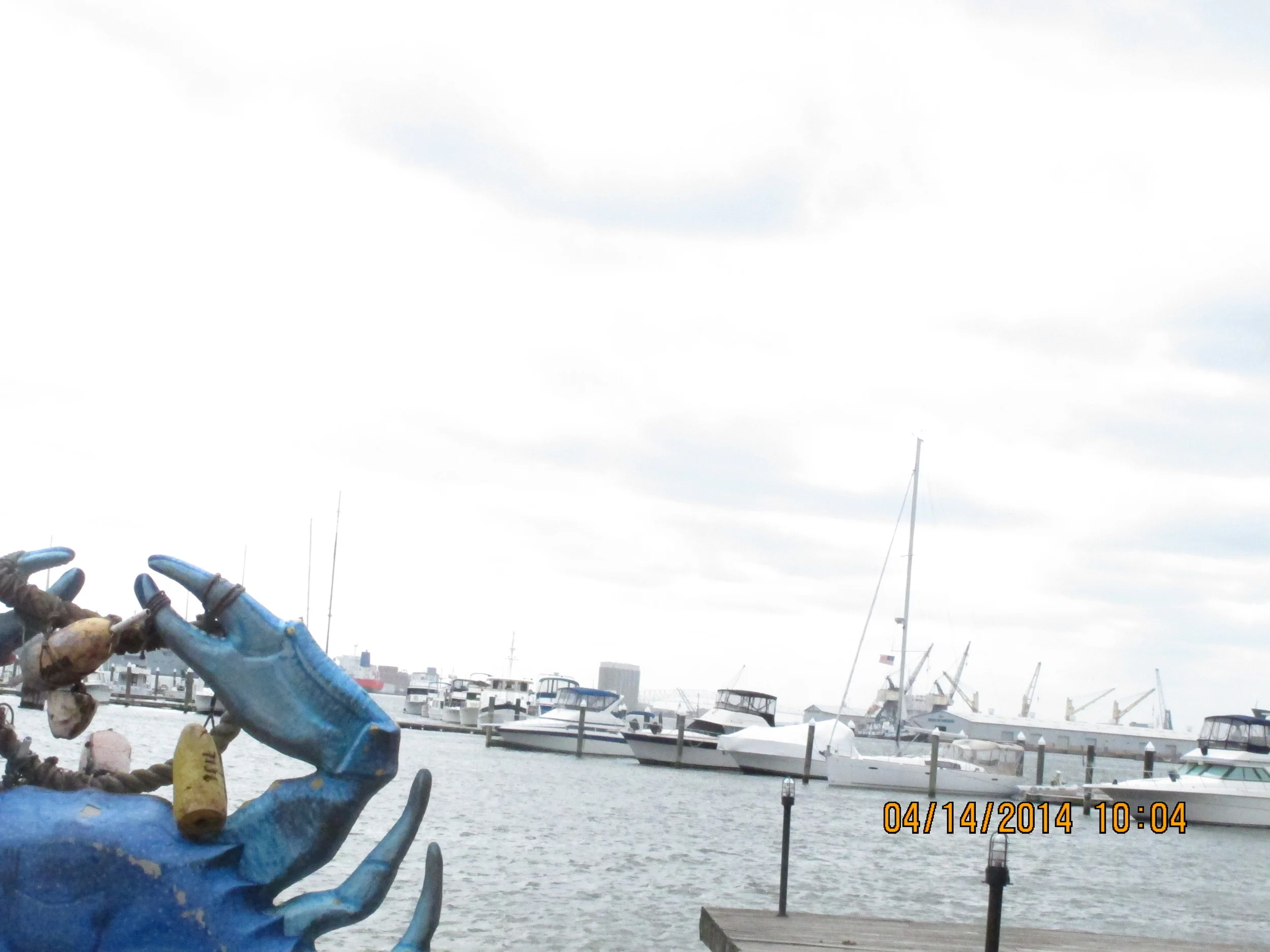Context for Caring, Caring for Context
/I learned, with tens of thousands of other marchers this past weekend at the People's Climate March, that you can travel by human blob from the US Capitol to the White House in about 80 minutes. A normal mile's walk takes a quarter that time, and an earlier march moved more slowly. In this case, temps reached 91 degrees and marchers carried parachutes. The heat and the breeze offset each other. My son, pounding his heart outside the White House, judged it all worthwhile.
Did we change anybody's mind about how to address climate change? The fact that I set up a dangling rhetorical question betrays how thinly I can tease out an answer. For sure I saw more signs decrying offenses than proposing compromises. Compared to what I try here, the march drew a line: government that claims to represent the American people will not get away with lying about what pollution does to our habitat.
But how do you get people ready to engage in the dealmaking, restating, listening and experimenting that can make the debate about "coal jobs" into a work session about safe jobs? It starts by understanding what it's like to live in a town where coal built schools and streets, and by understanding what it's like to still believe everyone deserves a livelihood that absorbs what we've learned from science about coal's effect. You can sympathize and stand firm at the same time. It feels itchy, but with good health and lots of company it feels motivating.
A piece I wrote in January gets at a relevant principle: when you speak to traumatized youth about their trauma in the course of training them for jobs, those jobs become easier to keep and often become the seeds for careers.
It turns out the insight driving Hopeworks, the organization I covered, spreads throughout funding and reform in public health and job training. Everyone you meet, a learned friend tells me, comes from a context he or she can't unwire- and to steer all of us onto terrain we can co-use, you'd better find ways into that context before you presume to get anyone out of it.
I hope this page, this story and this writing help us before the heat makes more of us weak.


